Legal with Leah – Supreme Court rules on WOTUS case
The U.S. Supreme Court ruled 9-0 that the EPA went too far with its enforcement of the Clean Water Act.
Read MoreThe U.S. Supreme Court ruled 9-0 that the EPA went too far with its enforcement of the Clean Water Act.
The U.S. Supreme Court ruled 9-0 that the EPA went too far with its enforcement of the Clean Water Act, a huge ruling for farmers and landowners that could have a major impact on the Waters of the U.S. Rule. To talk more about it is Ohio Farm Bureau Policy Counsel Leah Curtis, for this Legal with Leah.
Listen to Legal with Leah, a podcast featuring Ohio Farm Bureau’s Policy Counsel Leah Curtis discussing topics impacting farmers and landowners.
Ty Higgins [00:00:00] The Supreme Court ruled 9 to 0 that the EPA went too far with its enforcement of the Clean Water Act, a huge ruling for farmers and landowners that could have a major impact on the Waters of the U.S. rule. To talk more about it is Ohio Farm Bureau Policy Counsel Leah Curtis for this Legal with Leah.
Ty Higgins [00:00:19] Really good news coming to us a couple of days ago. Tell us more about this case in general.
Leah Curtis [00:00:24] So every case that the Supreme Court starts, it starts with individuals. And in this one, there was a couple. They wanted to build a house on a lake. And they had been stopped from doing that due to the presence of allegedly a wetland. But when cases get to the Supreme Court, it’s about much more than just these two people. And so what the Supreme Court was looking at is what is a wetland when it comes to Waters of the United States? When is a wetland covered by that term and therefore covered by the Clean Water Act?
Ty Higgins [00:00:53] So whether the wetland is covered by the Clean Water Act, an important question and one that really hadn’t been easy to answer in the past.
Leah Curtis [00:01:00] When a water is covered by the Clean Water Act, keep in mind that people are limited as to what they can do in and around that water. Most of the time we talk about dredge and fill: dredge and fill permits, dredge and fill prohibitions in those waters or those wetlands. And that can require a really costly permit. It can require consultants. And when it comes to wetlands specifically, this has not been a question that a regular homeowner or landowner like you or I could answer without getting involved with those government agencies or paying consultants, because the guidance that we’ve had in the past just wasn’t clear enough for you or I to determine it with our own eyes.
Ty Higgins [00:01:37] But now the court delivered a really clear opinion this time. Tell us what the court said.
Leah Curtis [00:01:41] The court provided what we in legal terms call a bright-line test, really. So they have said that a wetland to be covered, it has to be adjoining to a Water the United States by a continuous surface water connection. And that’s probably the clearest way we could ever get it explained from a court. And so essentially they’re saying if a wetland going to be covered by the Clean Water Act, it has to have a direct connection between the wetland and another Water of the United States. And the court also clarified that that term Water in the United States, it means permanent geographical features, things that we would typically call rivers, lakes, streams, oceans, not these types of ephemeral or temporary or seasonal waterways that might come up, but those permanent geographical features instead.
Ty Higgins [00:02:29] We had a part in this at Ohio Farm Bureau, other state Farm Bureaus in this decision as well. I’m sure as you read the decision and saw our names in there, you kind of geeked out a little bit.
Leah Curtis [00:02:38] Of course, yes. We’re always happy to see when we contribute to a brief or we contribute to a case as an amicus. It’s always exciting to see, you know, just even if you just see shades of your brief in that opinion, it’s really exciting. In this case, the court actually cited the brief. You’ll see it cited as Farm Bureau of Arkansas et al, which means everybody else. So there was a group of state Farm Bureaus who filed. And really the reason that we filed that brief was to kind of give the court that information that, hey, all of these states still regulate wetlands; that’s the whole point of the Clean Water Act is that the federal government and the states share some jurisdiction. And so where the federal government leaves off, the states pick up, and so that provided some information to the court about, hey, this is still going to be regulated. And they actually cited specifically that brief and said that the states can and will continue to exercise their own authorities to combat water pollution through their land use and water use regulations.
Ty Higgins [00:03:40] Now going back to the Waters of the U.S. rule and what it means, it’s gone back and forth for a number of years now. Where does this put us now with WOTUS?
Leah Curtis [00:03:50] So we talked a few weeks ago about kind of the back and forth and how we’ve had, what, four different rules in the last several years. So currently, as we already discussed, the state of Ohio and about 25 other states, that new WOTUS rule that just came out this year is already put on hold for us. This court decision last week, it’s going to further cause problems for that rule because that rule is just based on a completely different premise. It’s based on the idea of that significant nexus test, where the court has now said 9 to 0 that significant nexus test is not appropriate. We need to use this more continuous surface water connection test. And so as usual, the process is probably going to be slow to get there. But the court’s decision is going to be that definitive interpretation that has to be used to write that rule, for that rule to be based upon.
Ty Higgins [00:04:37] More clarity means a big win for farmers and landowners across the U.S. with this Supreme Court decision. Leah Curtis joining us for this Legal with Leah. She’s policy counsel with Ohio Farm Bureau.
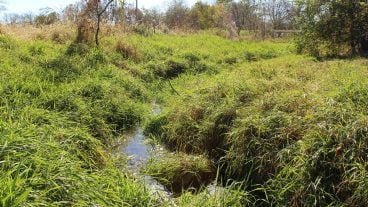
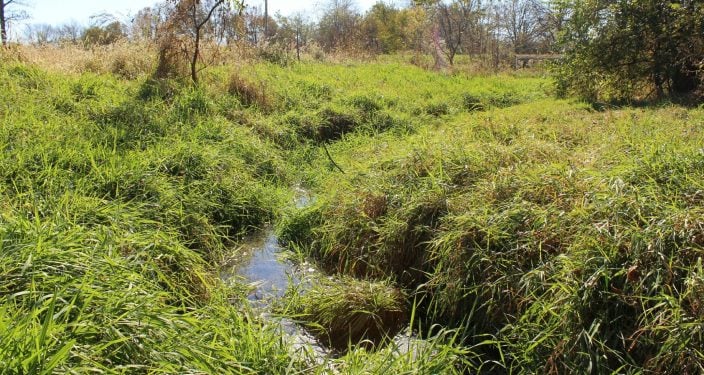
The U.S. Supreme Court ruled 9-0 that the EPA went too far with its enforcement of the Clean Water Act.
Read More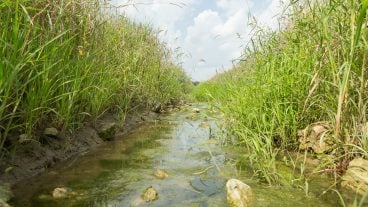
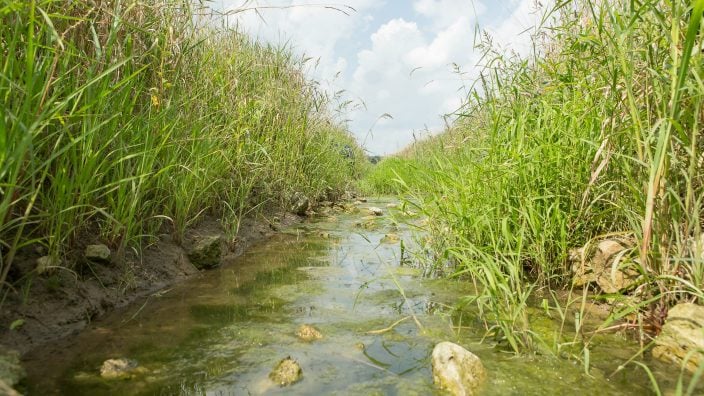
A second U.S. District Court ruled to halt the 2023 Waters of the United States rule. This ruling stops implementation of the rule in 24 states, including Ohio.
Read More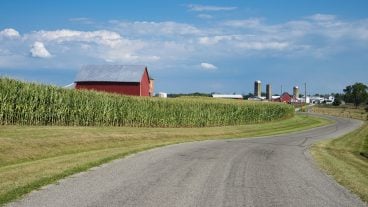
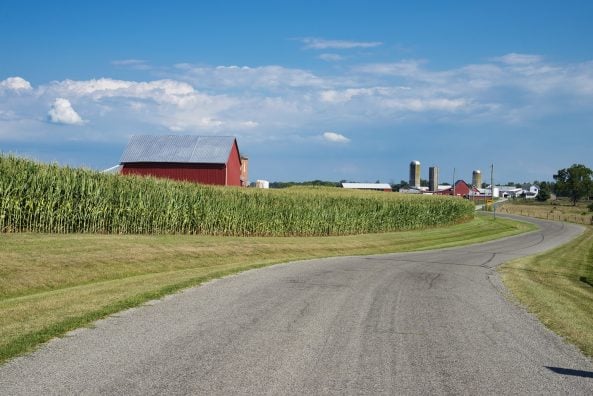
American Farmland Trust Midwest Regional Director Kristopher Reynolds shares what trends are showing us for farmland loss across the country and how Ohio falls into the mix.
Read More

Ohio Farm Bureau filed a brief in this case, focused on correcting the myth that if the Clean Water Act doesn’t cover wetlands, then there would be no regulation or protection.
Read More
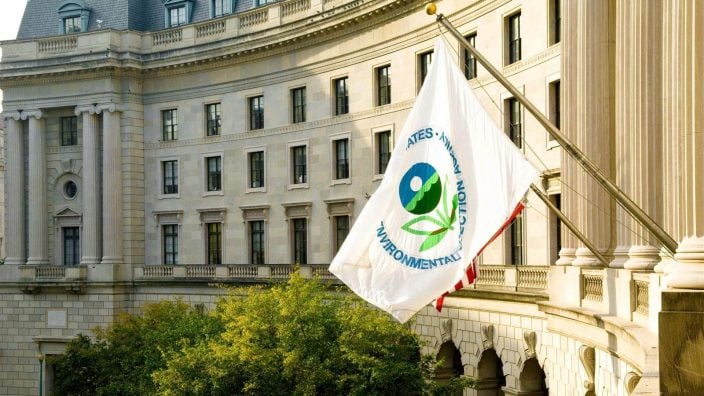
Some of the latest moves from the U.S. Environmental Protection Agency could have some adverse effects on American agriculture.
Read More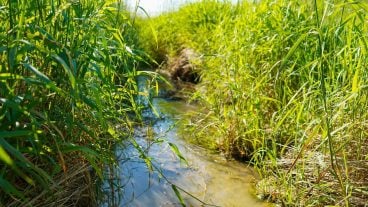
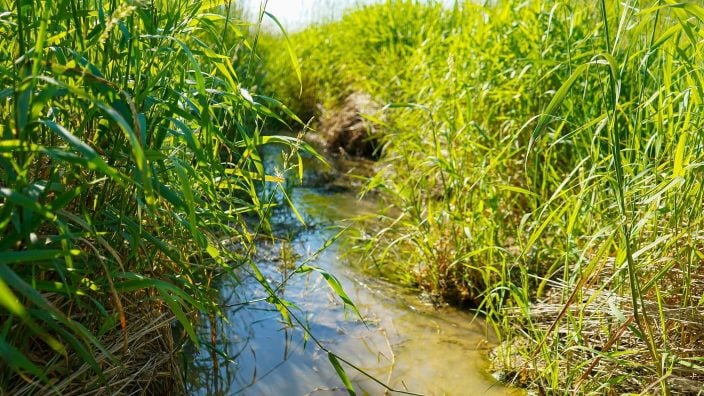
In the recommendations, Ohio Farm Bureau expressed disappointment in EPA’s decision to replace the Navigable Waters Protection Rule and explains why the rule should be left in place.
Read More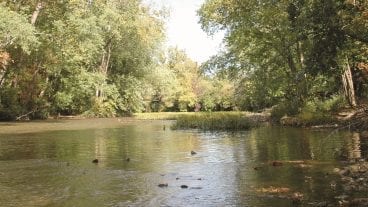

The Environmental Protection Agency comment period on the revised definition of Waters of the United States is now open, and…
Read More

The U.S. EPA and Army Corps of Engineers announced on Jan. 31 they are withdrawing and rewriting the Waters of…
Read More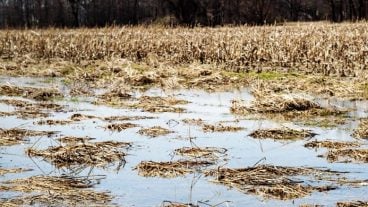
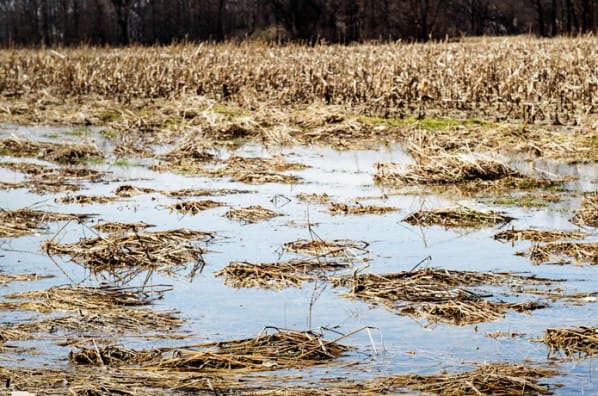
The U.S. Environmental Protection Agency made a proposal June 27 to rescind the Clean Water Rule and revert to the…
Read More
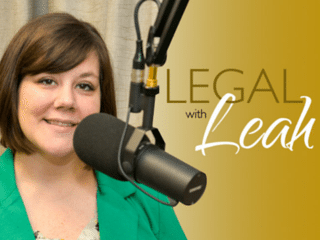
The U.S. EPA is attempting to go beyond its legislated authority to regulate agriculture under the Clean Water Act. Leah…
Read More